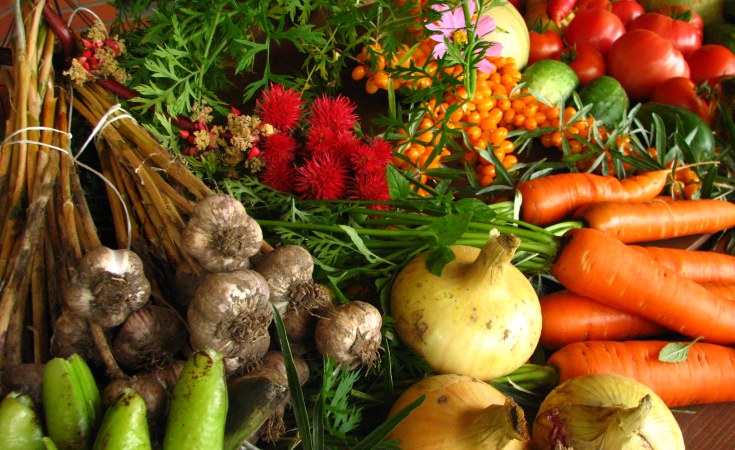The lack of action taken to have agricultural import bans imposed by Botswana - and more recently Namibia - lifted is creating a feeling among South African fresh produce farmers that the government has failed them.
Christo van der Rheede, executive director of Agri SA, told Farmer's Weekly that these bans did not stem from any wrongdoing on the part of South African farmers but rather because these countries wanted to "protect their own local production" even as they continued to export their produce to South Africa.
As such, the trade bans were in direct violation of the Southern Africa Customs Union Agreement, aimed at facilitating free trade among countries in the region.
Clive Garrett, marketing manager at ZZ2, added that these countries already had a competitive advantage over South Africa due to their low labour costs.
Where the national minimum wage in South Africa was R23.19/hour, the minimum wage was R5.05/hour in Botswana and it averaged about R12.23/hour in Namibia, which did not have a minimum wage but made use of collective bargaining agreements to determine wages.
In addition, the majority of farmers in these countries did not have to submit their operations to audits by quality assurance organisations, such as Global GAP and the Sustainability Initiative of South Africa, to verify compliance with health, social and environmentally responsible production practices.
"Despite their competitive advantage, these countries have decided to close their borders to South African produce, but continue to export their produce to South Africa at the expense [of local producers]. At present, about 13% of the tomatoes [traded] on the South African fresh produce market are from Namibia," Garret said.
Despite farmers complaining about the state of affairs to the departments of trade and industry and agriculture through Agri SA when these trade bans were introduced, the government had to date done nothing to resolve the issue, he said.
"Failure to protect our markets will not only affect foreign income and farmer revenues but also job security in South Africa," Garret said.
Willie Jacobs, CEO of Potatoes South Africa, said the problem with Namibia was that the stipulations of these bans were being adjusted almost every week and were being communicated via the country's website.
This made it difficult for South African potato farmers to plan and adhere to their marketing programmes.
"We understand and respect that Namibia wants to protect its markets but would like to see better communication to prevent South African farmers from sitting with potatoes that have nowhere to go," Jacobs said.
In the latest BFAP Baseline Agricultural Outlook 2022-2031 Report, the area dedicated to potato production in South Africa was projected to decrease by 4.7% to 49 900ha in 2021 due to the disparity in increases in input costs, specifically fuel and fertiliser, compared with the price increases farmers received for their produce.
Having supplies destined for export markets ending up on the domestic market, which is highly sensitive to fluctuations in volumes, would add additional pressure on prices and, effectively, farm margins, the report said.
"[There is] good potential [for South Africa] to increase potato production, but this could only be done if production growth is accommodated within secure [new] markets to prevent the flooding of existing markets," Jacobs explained.
Botswana presents a completely different kind of challenge, according to Jacobs, as the market for fresh produce there had been closed to stimulate local production for a longer period.


